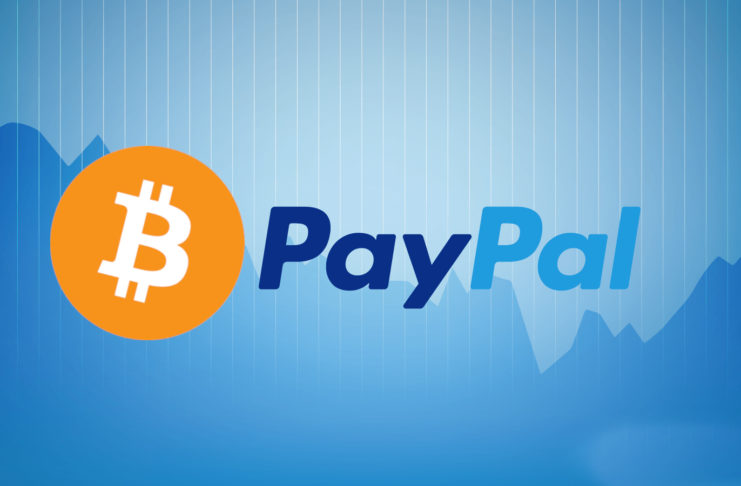Electronic commerce firm PayPal plans to offer its United States users a 3.7% annual percentage yield (APY) on balances of its dollar-pegged stablecoin, PYUSD. The program will also be available to Venmo (owned by PayPal) users who hold the token and is set to launch this summer.
PayPal to Launch APY Program
PYUSD was introduced in August 2023, in partnership with Paxos, making PayPal the first U.S. fintech firm to issue its dollar-backed stablecoin. Fully backed 1:1 by U.S. dollar deposits, short-term U.S. Treasuries, and similar cash equivalents, PYUSD operates on Solana and Ethereum blockchains.
The APY program development aims to drive the adoption and usage of the stablecoin across its payment network. Interest on PYUSD will accrue daily and be paid out monthly in PYUSD, which users can exchange for fiat currency, send peer-to-peer, use for international transfers, or make purchases through PayPal Checkout.
Commenting on the plan, the firm’s senior vice president, Jose Fernandez da Ponte, said during a Bloomberg interview:
“We see stablecoins as building the next generation of payment rails but we are aware that is something that takes time. We are halfway in a 10-year journey.”
Not the First Time
The PYUSD APY is not a new concept. Last August, PayPal teamed up with Anchorage, the only U.S. crypto firm with a federal bank charter. The partnership rolled out an institutional rewards program on PYUSD, allowing qualified clients to earn interest on their stablecoin holdings held either in Anchorage’s custodial vaults or in its self-custody Porto wallet.
Anchorage funds the yield directly, ensuring that PYUSD remains thoroughly segregated (not staked, lent out). The firms claim that the program helps institutional users find a secure and compliant way to invest their treasury cash to work amid rising demand for yield-bearing stablecoins.
Stablecoin Market Grows
The stablecoin sector has become very competitive as several issuers vie for a share in a market dominated by Tether and Circle. The combined market capitalization of dollar-pegged stablecoins exceeds $235 billion, with USDT and USDC accounting for roughly 70%. New tokens like World Liberty’s USD1, Ripple’s RLUSD, and Figure’s YLDS are still struggling.
In February, the U.S. Securities and Exchange Commission granted Figure Markets approval to launch its YLDS token as the first regulated yield-bearing stablecoin security. The green light will enable qualified holders to earn an annualized return of 3.85% on their balances.
Meanwhile, Ripple has formed a partnership with Chainlink to enhance the integration of its XRP-based stablecoin, RLUSD, into DeFi markets. Trump-affiliated World Liberty Financial announced the upcoming launch of USD1, a dollar-backed token. Nonetheless, even though Tether maintains its top position, it is undergoing regulatory hurdles, especially in Europe.
Find Cryptocurrencies to Watch and Read Crypto News on the Go Follow CryptosToWatch on X (Twitter) Now

